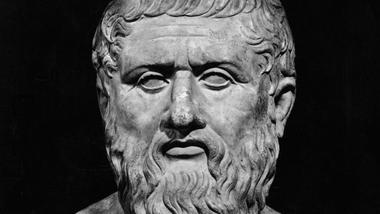
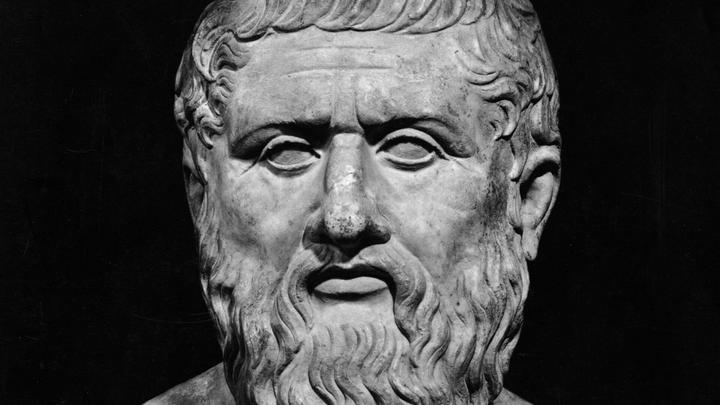
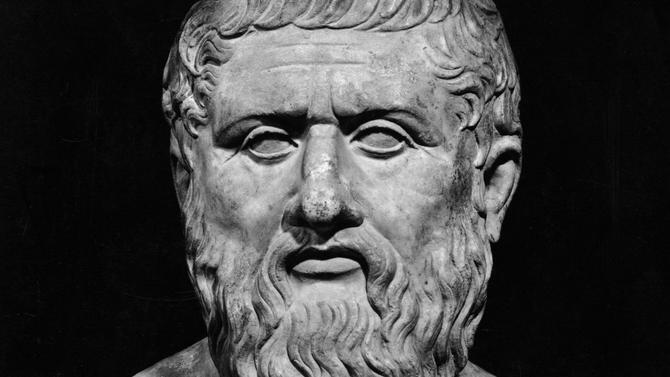
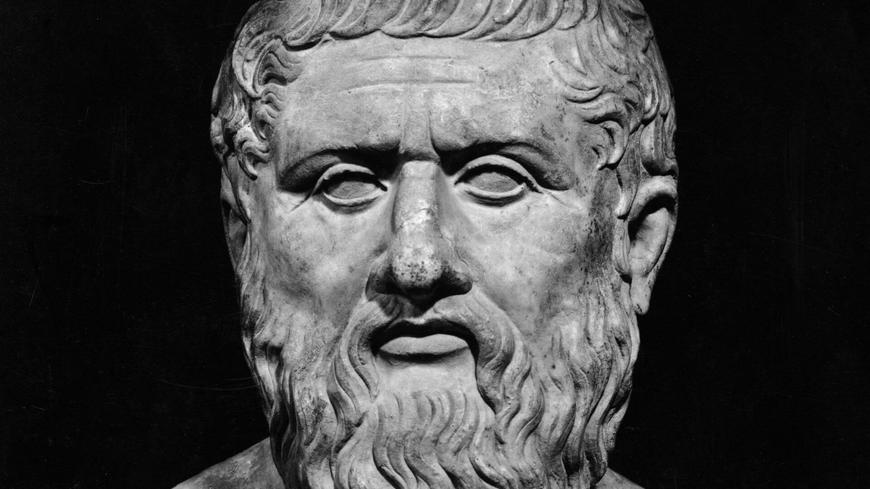
Plato and Aristotle are the greatest figures in Western philosophy, viewing the truth from various points of view. The philosophy of the Plateau theory is distinguished by abstractness and rational method, while Aristotle turned to empirical and practical methods (Fine 35). While Plato refers to idealism in his theory, his disciple, but no less outstanding philosopher, Aristotle, uses rationalism in the search for truth. Aristotle, in contrast to Plato, is interested not so much in the inner essence of being, as the fundamental principle of the world as such, as in the interrelationship of various things and concepts with each other (Welton 5). Nevertheless, despite contradictions and different approaches, Aristotle and Plato in many ways have similar views on the truth. The Plateau seeks the truth of reality through the theory of forms or ideas, while Aristotle contrasts the Third Man Argument with it, considering the philosophical concept from the opposite side. Thus, Aristotle's empirical method rejects Plato's ideas about the abstractness of universal essences and truths, emphasizing the fact that forms are inseparable with objects, revealing some difference in Plato's rational thinking and Aristotle's empirical thought about truth.
When Plato compares with Aristotle, it is obvious that Plato's spiritual enthusiasm refers to vague ideas as a means to achieve philosophical truth. Aristotle, guided by critical thinking, reflects in his philosophical theory an empirical method of cognition of the truth, prone to experiment through science and experience, which is characteristic of empiricists (Textbook 266 ). Plato defines ideas as such entities that exist separately from phenomena and which are characterized by originality and unique reality, which reflects a rational appeal to causality (Textbook 266). Plato is aimed at examining the content of his philosophical theory based on a rational method and referring to what is in nature (Textbook 270). Aristotle subjects his study to nature, earth, and the existing objects that surround a person in his reality create clear information about them and correspond to general laws as proof of truth.
The core of Plato's philosophy is the theory of forms or ideas (Textbook 270). Plato puts forward the proposition that any concept does not arise in the mind as a result of the abstracting activity of thinking, but exists objectively, independently of human consciousness and makes it possible for thought itself, in particular, the abstract activity itself. According to Plato, the cause is the source of knowledge, which means truth (Textbook 269). The sensually perceived world is untrue, it is changeable, formless, sensual perception itself is subjective and individual. The existing truth, being the true being, must, according to Plato, be unchanged, to have the form and universality of this world of ideas. Truth and true being are disembodied ideas for Plato (Welton 5). This world has a real reality and fullness of being. Anything in the sensible world exists only because in the world of ideas the idea of this thing corresponds to it. Things are implicated in their ideas, they are copies of them, and however, copies are imperfect, distorted. This point of view allows us to qualify Plato's teaching as objective idealism. Plato, as it can be seen, hypostatized such abstract objects, attributing to them an independent, autonomous from the laws and processes of the empirical world being.
Attached file: Theory of Forms vs. The Third Man Argument .docx
Click download to get access to a full version of the paper
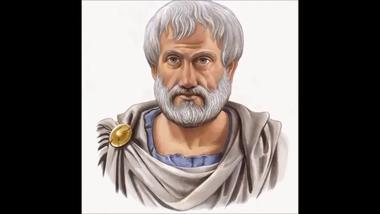
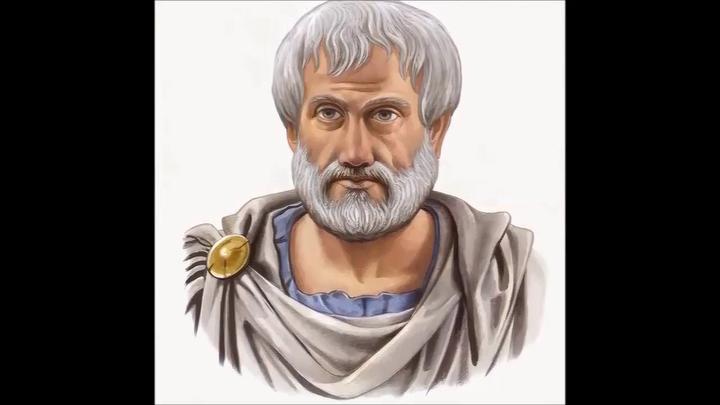
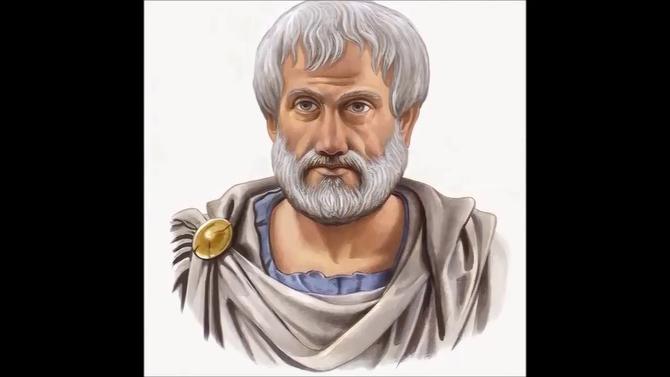
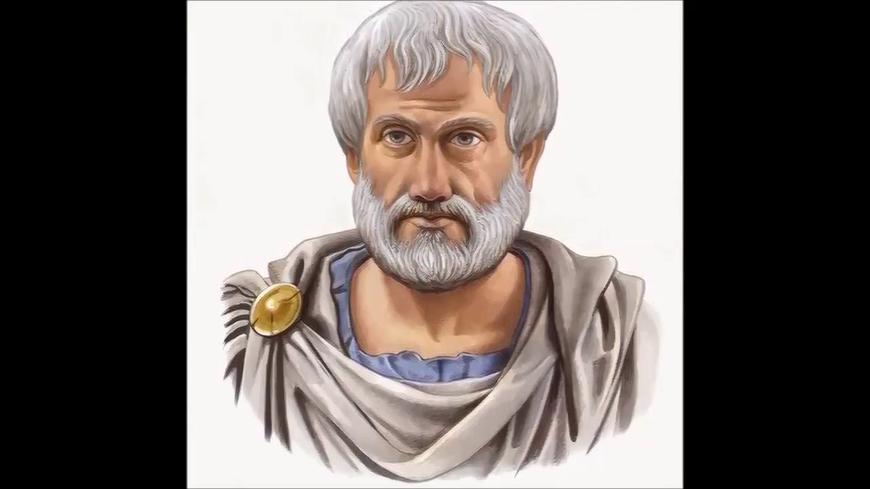
Aristotle sharply criticized Plato's teaching about the separation of two worlds, about the hypostatization of general concepts and ideas. With his inherent talent, he revealed the contradictions to which the recognition of such a division leads. Aristotle rejects the opposition of the two concepts, that is, the world of the phenomenon and the world of ideas is impossible since they cannot be isolated from one another and are dependent (Fine 28). In Aristotle's opinion, sensually perceived, separately existing concrete things have a genuine being and true knowledge is possible only in this sensually perceived world. Aristotle believes that the existence of the essence and of what it is impossible separately (Welton 5). According to Aristotle, Platonism only doubles the world, not simplifying, but only complicates the process of cognition. The correspondence of a thing with the idea of this thing implies the existence of a third idea, the idea of their correspondence, and so on ad infinitum (Fine 189). This is Aristotle's Third Man Argument, contradicting Plato's many statements (Welton 6). If for a person the human idea is the physical pre-image, then for the very idea of a man a certain prototype is necessary, that is, the very third man (Fine 197). This line of prototypes can be carried to infinity, which makes the theory of ideas absurd. Plato convinced Aristotle, creates a completely meaningless gap between the real world and the ideal. Instead, one should look around and turn to the understandable and familiar, existing here and now material things.
Truth is objective and reflects real things (Textbook 270). According to Aristotle, ideas have their existence in the phenomena themselves; the way to study the ideas that make up the essence of phenomena should be the study of phenomena. Therefore, the empirical study, which Plato had only as a minor introduction to speculative reasoning, is the basis of Aristotle's philosophy. According to Aristotle, an idea is only a form that embraces the matter from which it forms an object (Welton 5). The idea and the phenomenon do not exist separately from each other, but in combination, and the purpose of his research is to determine the ideas that act in phenomena. Nevertheless, Plato and Aristotle, despite various approaches and methods, have a common point in the search and definition of truth, however, Aristotle dwells on the relation of idea and phenomenon, while Plato concentrates on the opposite approach.
The same one can be seen in comparing their different approaches to the issue of the truth, knowledge, and essence of philosophy (Fine 238). Both Plato and Aristotle conclude that true knowledge cannot coincide with the generally accepted and that only philosophical reasoning can open the way to truth. Both philosophers refer to true knowledge as the main and most important goal of human life since happiness cannot be achieved without truth. However, the virtue of Plato in one way or another is a reflection of the knowledge of the truth, and therefore his philosophy leads to moral development (Fine 61). Aristotle emphasizes the difference between the human's human life and knowledge, truth, but also emphasizes the importance of experienced knowledge in philosophical reflection and the search for truth.
Thus, two thinkers, Plato and Aristotle are representatives of the most important methods and directions in the knowledge of knowledge and truth, in spite of their competing and in many respects opposite tendencies in the search for truth. The methods of Plato and Aristotle are two actually opposing approaches that led to the search for truth and continue to be relevant and requiring reflection. In Plato, ideas existed before man, dominated him, while Aristotle reduced them from the pedestal, subordinating human reason. Thus, empirical methods in understanding the philosophy of truth for Aristotle are a statement of facts and a starting point for reasoning and proof. As for Plato's philosophy, he refers to reasoning and rational methods, paying less attention to observation. Thus, Aristotle confronts Plato's theory of forms, referring to a detailed study of the nature of truth.